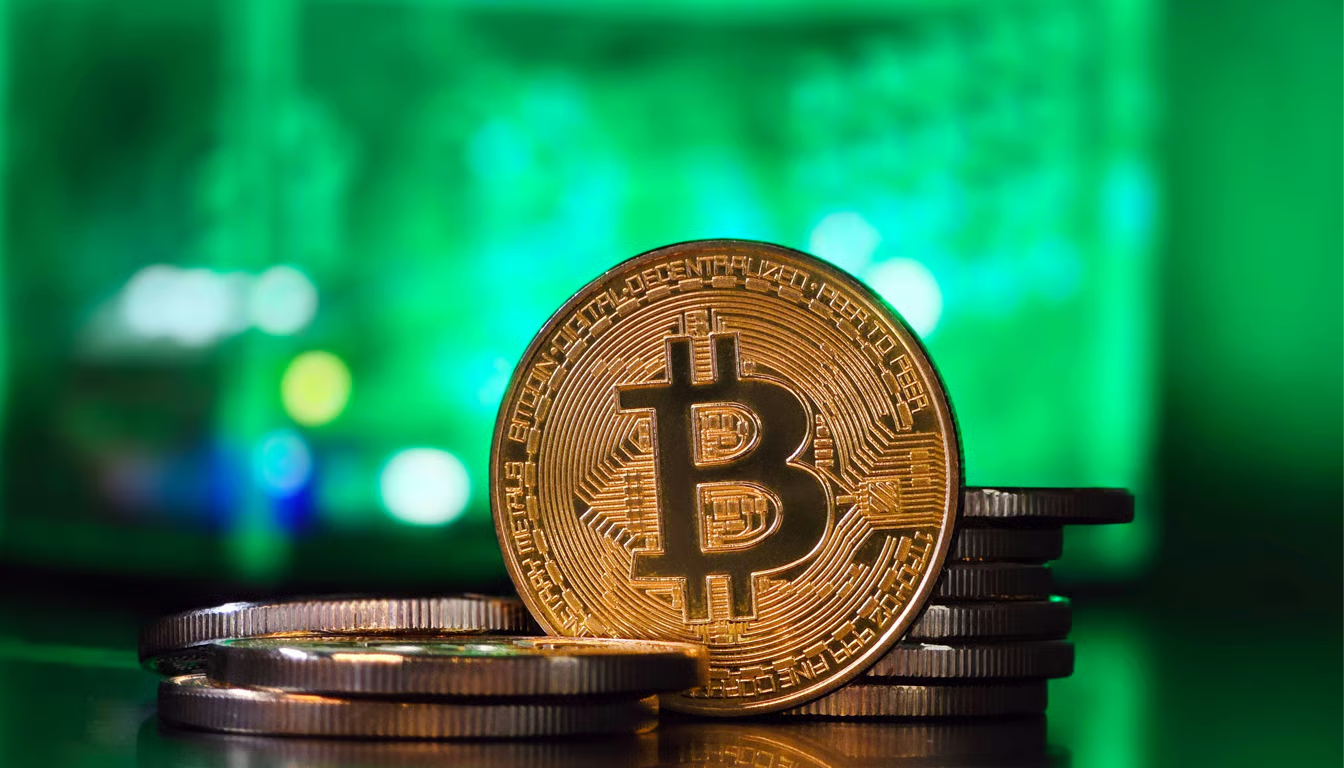2024 US election , Tesla's stock price once soared to US$480 due to the " White House dividend " , and its valuation far exceeded that of traditional car companies. However, with the exposure of political risks and sales falling short of expectations , the market's doubts about its "technological attributes" have intensified.
As of the close of U.S. stocks on Friday, March 7, 2025, Tesla's stock price had fallen for seven consecutive weeks, setting the longest losing streak since its listing. Its market value evaporated by more than $800 billion from its peak in December 2024, almost reversing all gains since the U.S. election.

Image source: Google Finance
The "castrated version" of FSD in the Chinese market performs poorly
It is important to understand that the autonomous driving system of smart cars uses sensors, algorithms and actuators to enable the vehicle to autonomously perceive the environment, decide on the path and control movement. Its goal is to replace human drivers to complete dynamic driving tasks. It is divided into L0 to L5 levels according to the degree of automation:
L0: Emergency assistance, no automation, only early warning, completely controlled by humans
L1-L2: Assisted driving, the driver needs to take over the whole process
L3: Autonomous driving is possible in some scenarios, but the driver must be ready to take over at any time
L4-L5: Highly/fully automated driving, no human intervention required
Tesla's FSD (Full Self-Driving) is an advanced driver assistance system (ADAS) developed by the company, and is currently in a leading position in the industry. Its FSD adopts a pure visual solution (camera + AI algorithm), relies on an end-to-end neural network architecture, and is trained with massive amounts of real driving data to achieve full-chain automation from perception to decision-making. As of now, the latest version of FSD V13.2 (supervisory version) already supports "point-to-point" autonomous driving and has been pushed to American users.
However, in the Chinese market, Tesla FSD's performance is not satisfactory.
In February 2025, Tesla FSD officially entered the Chinese market. However, its actual function was downgraded to L2 assisted driving, and there was a gap with the US version. Faced with China's complex traffic scenes, FSD frequently misjudged traffic lights and hesitated to change lanes. After actual testing, some car owners bluntly said that "the function is far from what is advertised."
Tesla FSD's core competitiveness stems from massive data training and computing power support, but it faces dual restrictions in China: first, data cannot be exported, and second, the US ban restricts its use of high-performance GPUs to train models in China. Although Tesla tried to simulate training through public videos, China's roads are more complex and insufficient accumulation of scene data leads to weak model adaptability. In contrast, local companies such as BYD and Huawei rely on localized data for rapid optimization, and the technology gap is narrowing.
In addition, FSD is priced at 64,000 yuan in China, and its function is only equivalent to L2+ level assisted driving. The intelligent driving functions of brands such as BYD and Leapmotor are mostly standard or low-priced optional. For example, the starting price of BYD Yuan PLUS Intelligent Driving Edition is only 115,800 yuan. In comparison, FSD is obviously not competitive enough in price.
Consumers' sensitivity to cost-effectiveness puts Tesla at a disadvantage in the price war. JD Power data shows that by 2025, Chinese consumers' trust in domestic intelligent driving systems has reached 68%, surpassing Tesla for the first time.
FSD was once regarded as Tesla's core technological moat, but under the impact of the rapid technological iteration and pricing strategies of Chinese domestic car companies, its original "benchmark status" may be gradually replaced and its market share further lost.
Musk's political controversy
Now, institutions such as Goldman Sachs and Bank of America have recently significantly lowered Tesla's target share price, citing reasons including "declining sales, intensified competition in smart driving and political risks for Musk."
In addition to technical challenges, Tesla has also fallen into a brand crisis due to Musk's personal controversy . Since Musk joined the Trump administration and served as the head of the " Government Efficiency Department " , his radical political stance has triggered multiple crises .
First, recently, protests against Tesla have broken out in many parts of the United States. Protesters have stigmatized the Tesla brand, sprayed Nazi symbols on some vehicles, and even set them on fire. Some analysts pointed out that Musk's actions of promoting federal layoffs and interfering in politics have exacerbated public opposition and caused potential consumers to turn to other brands.
In addition, according to public reports, Musk's right-wing remarks and close cooperation with the Trump administration have triggered strong resistance from European consumers. In January-February 2025, Tesla's sales in Germany plummeted by 76% year-on-year, and in France by 44%, in sharp contrast to the overall growth of the European electric vehicle market by 30%. Under the influence of multiple negative factors, Tesla's brand image and market confidence have both suffered setbacks, and global market sales have suffered a Waterloo, with sales in China, Europe and the United States all falling.
Although Morgan Stanley is still optimistic about its transformation into an "AI+Robotics company", the market consensus is that Musk's personal controversy has been deeply tied to the Tesla brand, and the long-term destructive impact may be difficult to eliminate. If Tesla fails to launch disruptive products and reshape its brand image in the short term, it may not be able to escape the fate of further decline.






